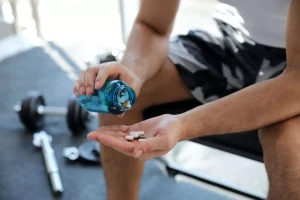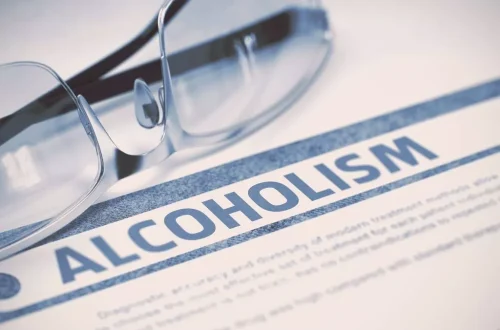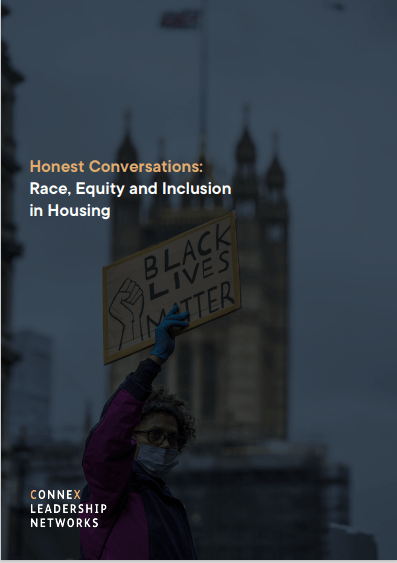If your liver has taken a hit from prolonged alcohol use, there are ways to give it — and the rest of your body — a break. Your liver has enzymes that work like special tools what happens when you stop drinking to help metabolize (break down) different toxins that enter your body, such as alcohol. A sober life doesn’t have to mean more time at home as you try to block out triggers.
How to revive hangover skin
Stopping alcohol can reduce many of these risks, potentially adding decades to your life expectancy. It’s no secret that excessive drinking is bad for your health—it can increase your risk of some cancers, heart disease, liver disease, depression and more. But even moderate drinking, defined by the Centers for Disease Control and Prevention (CDC) as two or fewer drinks for men per day and one or fewer drinks for women, comes with health risks. The mental health changes you experience when you stop drinking can include symptoms of withdrawal, difficulty sleeping, irritability, mood swings, and clearer thinking.

Symptoms of Alcohol Withdrawal
When you constantly have some alcohol in your bloodstream, you will not think as clearly. Many people who use alcohol heavily for a prolonged period often don’t even recognize the perpetual fog that alcohol creates. When you stop drinking, it can feel like entering a whole new world and like a fog that you didn’t even know was there has suddenly lifted.

Can cutting out alcohol bring about health benefits?
- These programs involve working with a team of mental health professionals in a group and individual setting.
- Alcohol use disorder frequently occurs alongside other mental health conditions.
- This can lead to anxiety (known as ‘hangxiety’) in the days after your sesh.
- The important point is that one must be aware of the bad consequences of drinking and take steps to stop or reduce excessive drinking.
- Sometimes called alcoholic hallucinosis, these can show up within 12 to 24 hours after you quit.
- The symptoms of alcohol withdrawal relate proportionately to the level of alcohol intake and the duration of the person’s recent drinking habit.
Lots of people with alcohol use disorder need professional help to quit drinking. But you’ll need to be honest about how much you drink and how often. If you drink heavily for weeks, months, or years, you may have unwanted physical and mental symptoms when you try to stop.

- For people who experience hallucinations as part of alcohol withdrawal, these may begin in the 12- to 24-hour time frame.
- Once the initial symptoms of withdrawal have subsided, you may find that you have more energy than you did before you stopped drinking.
- Delirium tremens has a fatality rate of 37% if untreated and is considered a medical emergency.
Embarking on a journey of sustained sobriety brings forth many long-term benefits that extend beyond the initial phases. Individuals often witness profound transformations in their physical health, mental well-being, relationships, and overall quality of life. After two weeks without alcohol, the benefits will start to compound. You will probably be well out of withdrawal and mostly recovered from the ordeal. By this point, you will have had about 6,000 fewer calories than you would have previously during a two-week period. Saving the money you would have spent on alcohol will provide you $300–$400 or more by this second week.



